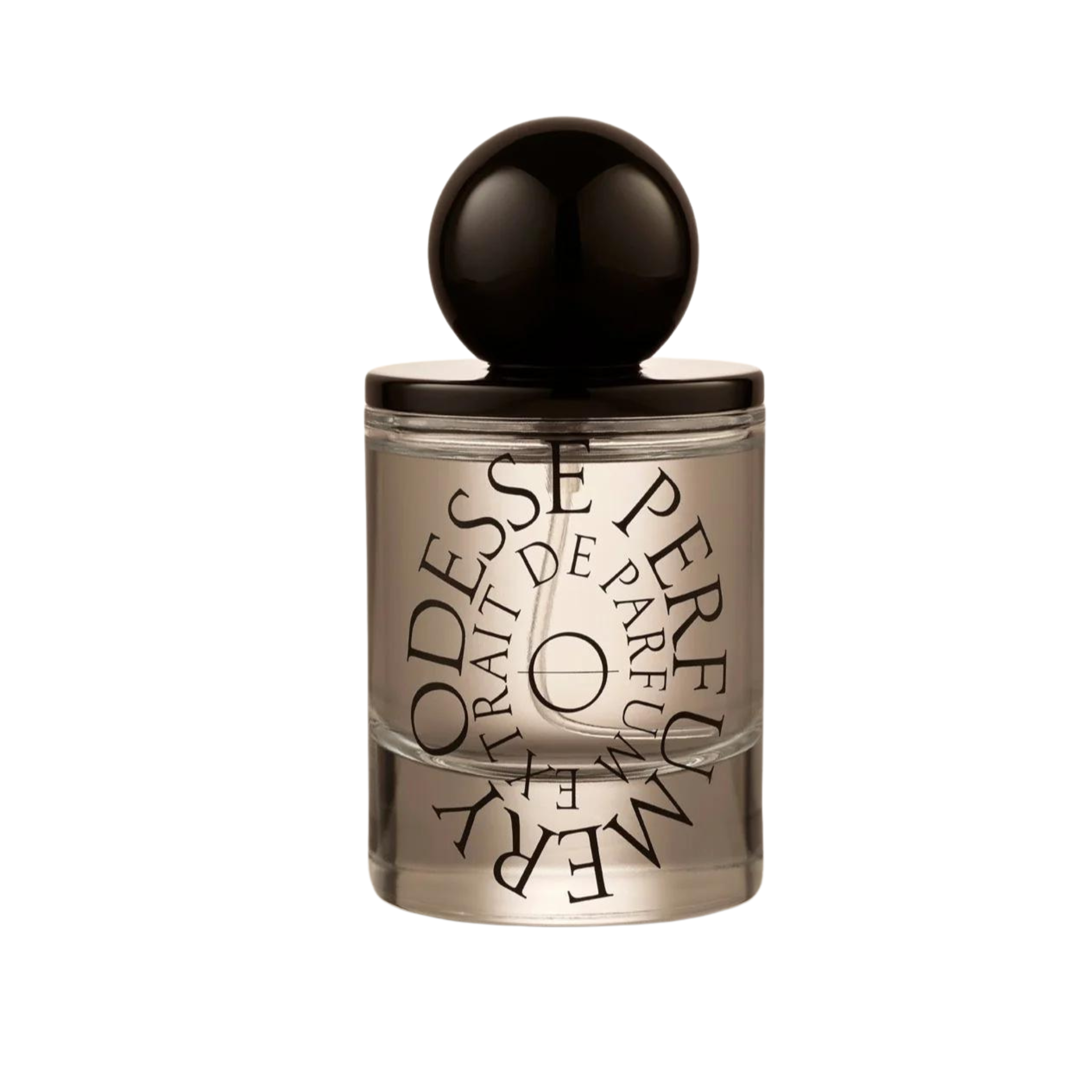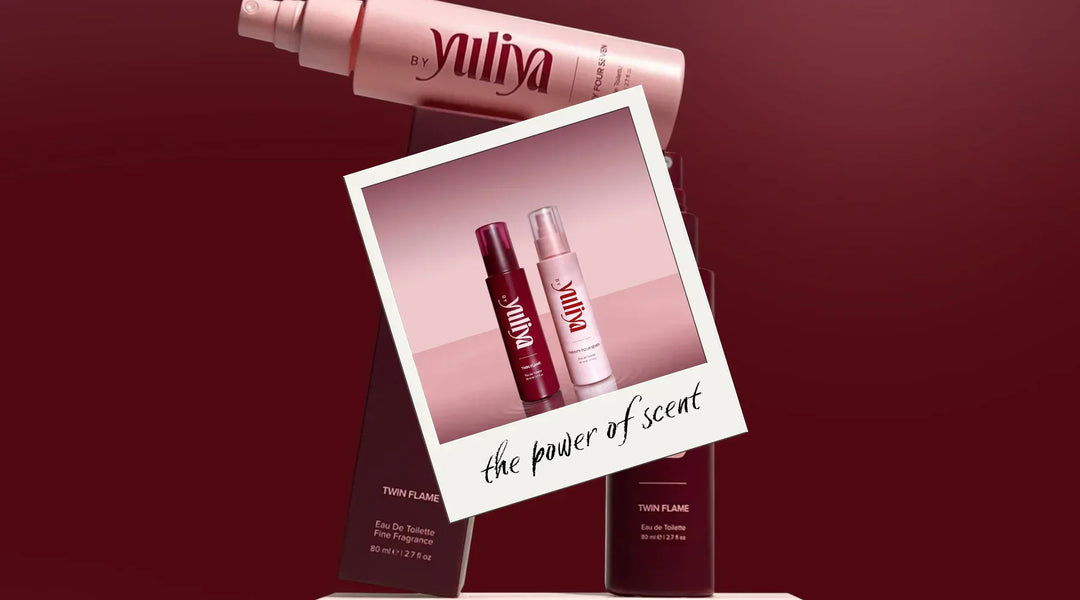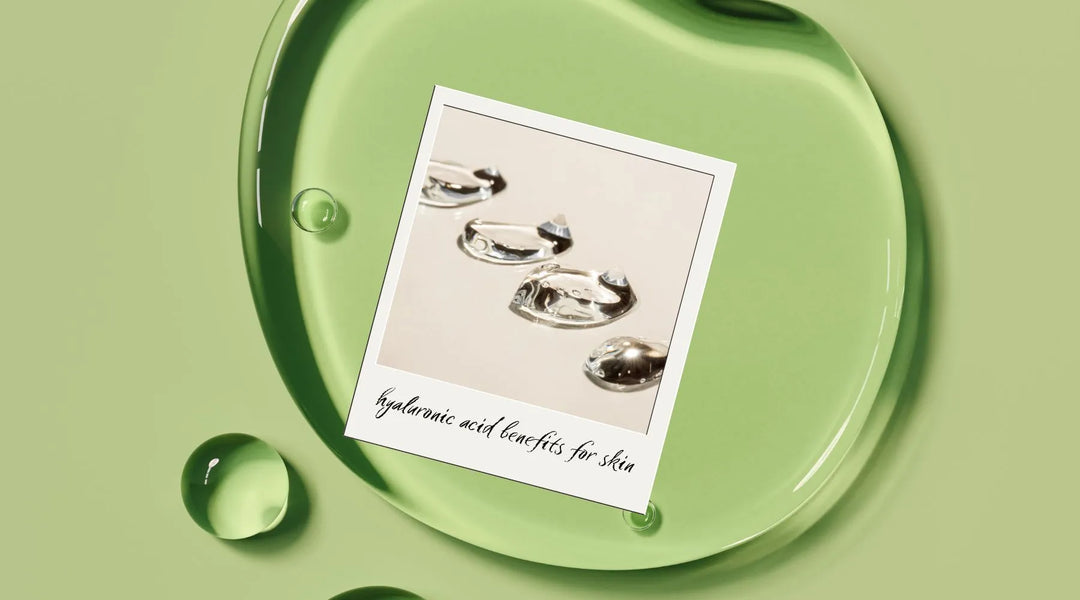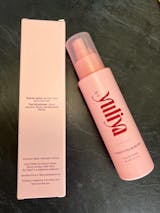How Peptides Work in Skincare: The Science Behind Smoother, Firmer Skin
Peptides have become a staple in skincare for their ability to transform the skin, making it smoother, firmer, and more resilient. Often seen as essential in anti-aging routines, peptides are widely celebrated for their collagen-boosting and skin-repairing benefits. But what are peptides, and how do they work to improve the skin’s texture and elasticity? In this article, we’ll explore the science behind peptides in skincare, why they’re essential for maintaining youthful skin, and how they support a radiant, well-hydrated complexion. Plus, we’ll spotlight an effective peptide-rich product that elevates skincare routines.
What Are Peptides, and Why Do They Matter in Skincare?
Peptides are short chains of amino acids that function as the building blocks of proteins, including collagen, elastin, and keratin. These proteins are essential for maintaining the skin’s structure, texture, and firmness. Over time, factors like aging, UV exposure, and environmental damage lead to the breakdown of these proteins, resulting in fine lines, wrinkles, and sagging skin. Peptides, when applied topically, act as messengers that signal the skin to produce more collagen, promoting skin repair and renewal.
Unlike larger molecules, peptides are small enough to penetrate the skin barrier, making them highly effective in skincare formulations. Once absorbed, they interact with skin cells to encourage collagen synthesis, support the skin barrier, and improve hydration. This unique mechanism is why peptides have become a go-to ingredient in high-performance skincare products.
The Role of Peptides in Achieving Smoother, Firmer Skin
Peptides contribute to smoother, firmer skin in several ways. Here’s a breakdown of how these mighty molecules work:
-
Boosting Collagen Production: Collagen is the main structural protein that keeps skin plump, firm, and youthful. By signaling the skin to increase collagen synthesis, peptides help slow down visible signs of aging, including fine lines and wrinkles.
-
Strengthening the Skin Barrier: The skin barrier protects against environmental pollutants, UV rays, and moisture loss. Peptides support the barrier’s resilience, ensuring that the skin retains moisture and remains well-hydrated. A healthy barrier is also essential for sensitive or acne-prone skin, as it prevents external irritants from penetrating and causing inflammation.
-
Improving Skin Elasticity: Elastin is a protein that allows the skin to snap back into place after stretching. Peptides play a crucial role in maintaining and supporting elastin fibers, which helps improve skin elasticity and reduces sagging over time.
-
Promoting Skin Repair and Renewal: Peptides encourage cell turnover, promoting faster repair of damaged skin. This is beneficial for reducing the appearance of acne scars, dark spots, and other imperfections, leading to a smoother, more even-toned complexion.
-
Reducing Inflammation and Redness: Some peptides have anti-inflammatory properties that help soothe irritated or inflamed skin. This is particularly valuable for those with sensitive skin, rosacea, or acne, as peptides can help calm the skin without causing additional irritation.
Peptides and Collagen: How They Work Together to Combat Aging
Collagen production naturally decreases with age, contributing to the appearance of fine lines, wrinkles, and a loss of skin firmness. While topical collagen products are available, collagen molecules are generally too large to penetrate the skin effectively. Peptides offer a solution by boosting the skin’s own collagen production, making them more effective at targeting aging signs from within the skin’s deeper layers.
The most common types of peptides used in skincare include:
- Signal Peptides: These peptides send messages to cells to stimulate collagen and elastin production, leading to firmer, plumper skin.
- Carrier Peptides: They deliver trace elements, such as copper, which are essential for skin healing and collagen synthesis.
- Neuropeptides: These peptides relax the facial muscles, helping to reduce the appearance of fine lines and wrinkles.
With consistent use, peptide-rich skincare products can support and maintain collagen levels, keeping the skin firm, smooth, and youthful over time.
Product Highlight: Pollen Plumper Vitamin C Face Moisturiser
For an effective, peptide-rich product to incorporate into your routine, try Pollen Nation’s Pollen Plumper Vitamin C Face Moisturiser. This all-in-one moisturiser combines the power of peptides with high-performance Vitamin C and other natural ingredients to deliver a radiant, healthy complexion.
Key Benefits of Pollen Plumper Vitamin C Face Moisturiser:
- High-Performance Vitamin C: Formulated with 5% THD Ascorbate (a stable form of Vitamin C), this moisturiser targets pigmentation, boosts radiance, and fights signs of premature aging.
- Infused with Peptides: The peptide blend in this moisturiser strengthens the skin barrier, offering antioxidant protection and maintaining a youthful appearance.
- Deep Hydration with Hyaluronic Acid & Manuka Honey: These ingredients attract and retain moisture, keeping skin deeply hydrated and plump.
- Soothing Centipeda Cunninghamii: Known for its calming properties, this natural ingredient is perfect for soothing irritated or sensitive skin.
Pollen Nation’s Pollen Plumper is specifically designed for sensitive and acne-prone skin, ensuring an irritation-free experience. Proudly Australian-made, this moisturiser aligns with natural skincare Australia values, offering an ethical, cruelty-free option for skincare enthusiasts.
Peptides and Other Skincare Ingredients: Perfect Pairings for Maximum Benefits
Peptides are highly versatile and can be paired with various ingredients to enhance their effects:
-
Vitamin C: Pairing peptides with Vitamin C provides a powerful anti-aging combination. Vitamin C protects against free radicals and brightens the skin, while peptides work to build collagen. Together, they create a radiant, even complexion with improved elasticity.
-
Hyaluronic Acid: This ingredient is perfect for pairing with peptides to boost hydration. Hyaluronic acid attracts moisture, keeping skin plump, while peptides help retain that moisture by strengthening the skin barrier.
-
Niacinamide: Also known as Vitamin B3, niacinamide complements peptides by further strengthening the skin barrier, reducing inflammation, and minimizing the appearance of pores. This combination is especially beneficial for those with oily or acne-prone skin.
-
Retinol: Retinol is effective for cell turnover but can be harsh on the skin. Peptides help counteract any irritation by supporting the skin’s barrier function, making it easier for sensitive skin to tolerate retinol.
Who Should Use Peptides in Their Skincare Routine?
Peptides are suitable for all skin types, but they’re particularly beneficial for:
- Mature Skin: Peptides help reduce visible signs of aging, such as fine lines, wrinkles, and sagging.
- Sensitive Skin: Peptides are gentle and non-irritating, making them a great choice for those with sensitive or reactive skin.
- Dry or Dehydrated Skin: By supporting the skin barrier, peptides help retain moisture, keeping skin hydrated.
- Acne-Prone Skin: Peptides’ anti-inflammatory properties can help soothe redness and irritation associated with acne.
Incorporating Peptides Into Your Skincare Routine
To make the most of peptides, here’s a simple skincare routine that ensures your skin benefits from their full potential:
-
Cleanse: Start with a gentle cleanser to remove impurities without stripping your skin’s natural oils.
-
Apply a Peptide Serum: If you’re using a peptide serum, apply it after cleansing. This step ensures the peptides penetrate deeply to deliver maximum anti-aging benefits.
-
Moisturise: Follow up with a peptide-rich moisturiser like Pollen Plumper Vitamin C Face Moisturiser to lock in hydration, reinforce your skin barrier, and boost collagen production.
-
Finish with SPF: During the day, apply mineral sunscreen to protect your skin from UV damage, which can accelerate collagen breakdown.
-
Optional: If you use retinol, apply it at night and consider adding a peptide-rich product afterward to reduce any irritation.
Frequently Asked Questions About Peptides in Skincare
Q: How long does it take to see results with peptides?
A: Peptides typically show results within 4-12 weeks of consistent use. With regular application, you’ll begin to notice improvements in skin texture, firmness, and hydration.
Q: Can peptides cause skin irritation?
A: Peptides are generally non-irritating and safe for sensitive skin. However, it’s always recommended to patch test new products, especially if you have very reactive skin.
Q: Can I use peptides with other active ingredients?
A: Yes, peptides can be paired with ingredients like Vitamin C, hyaluronic acid, and niacinamide. Just avoid using them with acids like AHAs or BHAs in the same routine, as these may reduce peptide efficacy.
Peptides are a powerful and versatile ingredient that can bring numerous benefits to your skincare routine. From boosting collagen production to strengthening the skin barrier and improving elasticity, peptides work to create smoother, firmer, and more resilient skin.
When paired with other high-performing ingredients like Vitamin C, hyaluronic acid, and niacinamide, peptides can amplify the effects of your skincare, making it easier to achieve a radiant and youthful complexion. For those looking to add peptides to their routine, Pollen Plumper Vitamin C Face Moisturiser is your go-to.
Read More On The VAMS Edit: Best Products for Sensitive Skin: A Guide to Australian Skincare
Get to know us - HERE
Want $100 worth of the best Australian made skincare and beauty products? Subscribe anywhere on the website for your chance to win!










This peptide guide is just what I needed. Breaking down how peptides work to boost collagen and keep the skin barrier strong makes it so much easier to understand why they’re such a skincare staple. The Pollen Plumper Vitamin C Face Moisturiser sounds like a perfect pick, especially with the mix of Vitamin C and hyaluronic acid for that extra glow and hydration. Thanks for making peptides feel a bit less mysterious!
Leave a comment